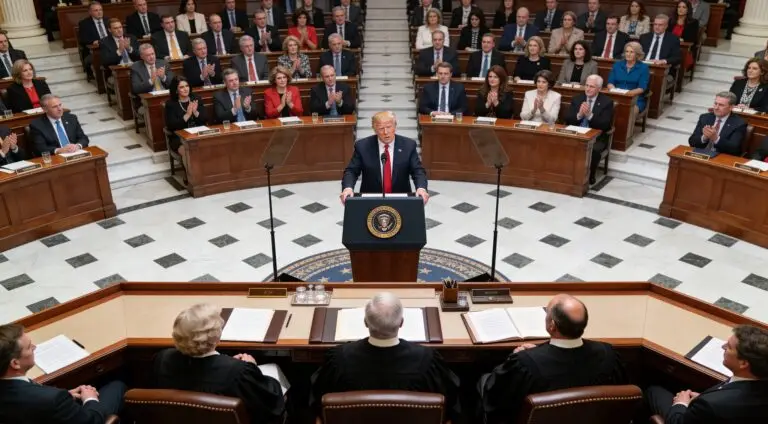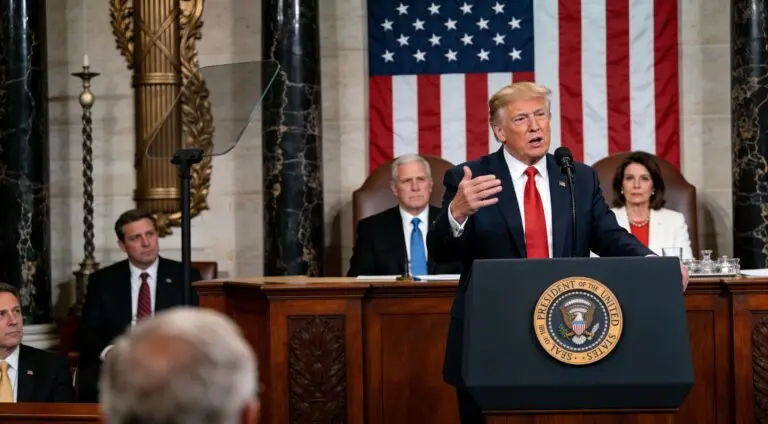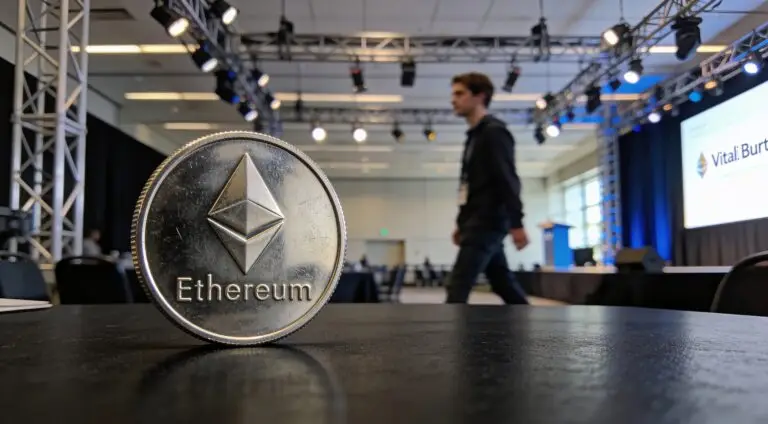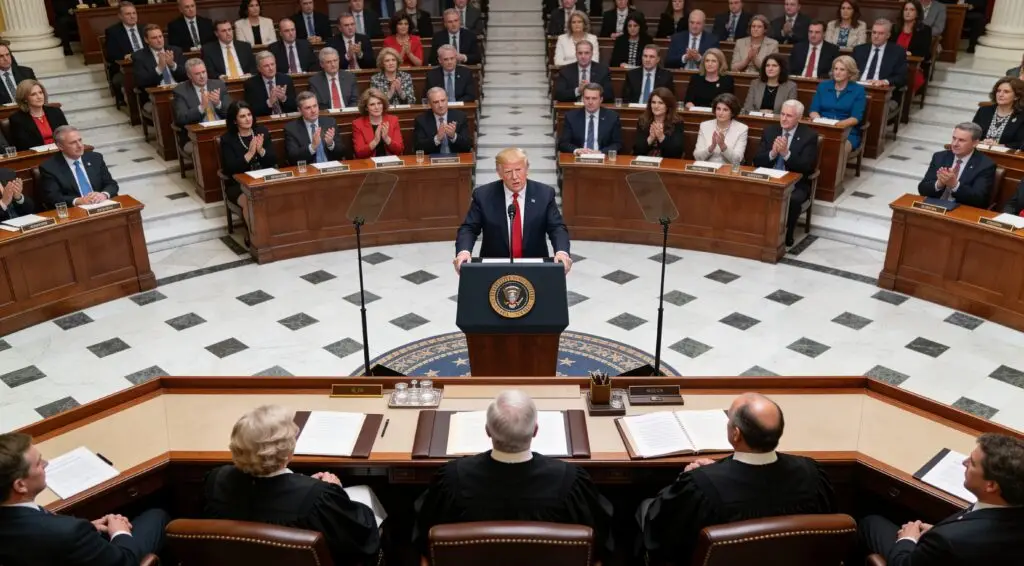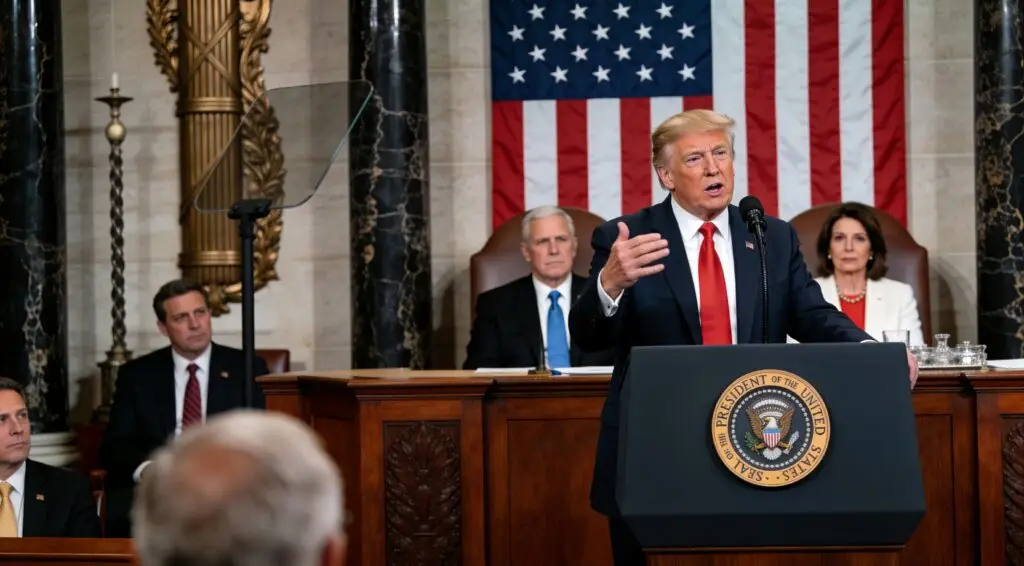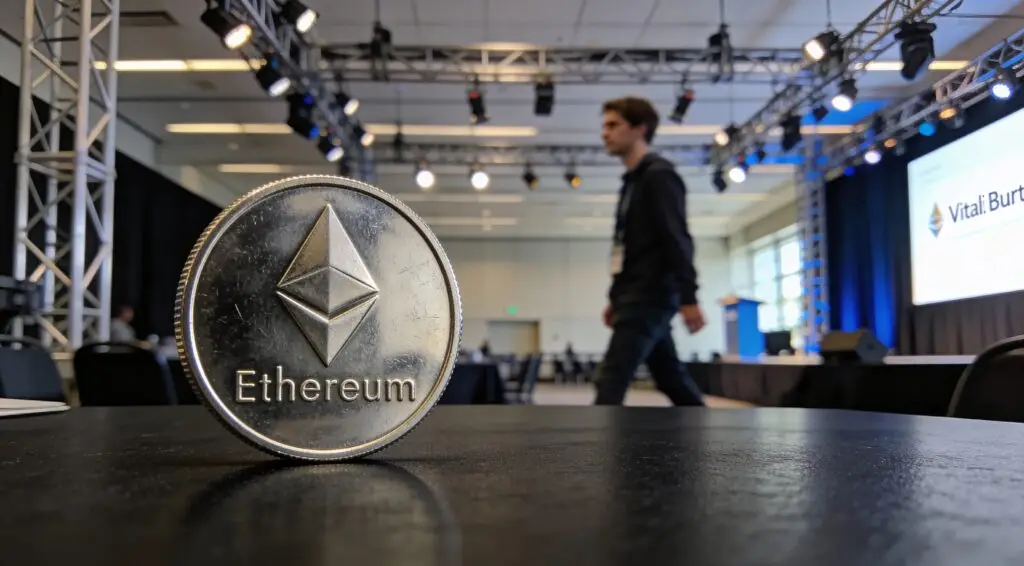SAN FRANCISCO — November 6, 2025 — Sam Altman, Chief Executive Officer of OpenAI, has dismissed the idea of government bailouts or federal guarantees for artificial-intelligence companies. His comments came after OpenAI’s Chief Financial Officer Sarah Friar suggested the U.S. government might one day support large-scale AI infrastructure funding.
Altman Clarifies OpenAI’s Stance on Government Support
Speaking on X, Altman emphasized that OpenAI should succeed or fail through innovation, not public subsidy. “If we screw up and can’t fix it, we should fail,” he wrote. “Other companies will continue doing good work and serving customers.”
Altman’s remarks follow Friar’s statements at The Wall Street Journal’s Tech Live conference, where she discussed potential federal guarantees to help finance costly AI data centers and chip production. Her comments sparked widespread speculation that OpenAI was seeking government assistance to sustain its rapid growth.
Growing Debate Over AI Infrastructure Funding
The exchange has reignited debate about whether the U.S. government should play a direct role in funding private AI infrastructure. Supporters argue that AI’s massive energy and hardware requirements justify limited intervention, while critics warn that taxpayer-backed guarantees could distort market competition.
“AI data centers are now as strategic as semiconductor fabs,” said Dr. Helen Moore, a technology policy researcher at Columbia University. “The question is how much public risk is acceptable in pursuit of technological dominance.”
Recommended Article: Experts Debate Whether Quantum Technology Could Surpass AI
OpenAI’s Expansion and Financial Pressures
OpenAI continues to scale its computing operations amid fierce competition from Google DeepMind, Anthropic, and xAI. The company’s investment in cutting-edge Nvidia chips and new data facilities has reportedly surpassed $12 billion this year alone.
Industry analysts suggest that Altman’s stance may be intended to reassure investors that OpenAI remains financially resilient, even without direct government aid. “It’s a message of independence,” said Mark Ellis, senior analyst at TechFront Research. “OpenAI wants to be seen as capable of leading the AI race on merit, not subsidies.”
Broader Implications for U.S. AI Strategy
The discussion comes at a pivotal moment for the American AI sector, as policymakers debate how to balance innovation with fiscal responsibility. Federal agencies are already investing heavily in AI ethics, security, and education, but direct financial guarantees for private firms remain controversial.
Economists note that the Inflation Reduction Act and CHIPS and Science Act already support advanced technology manufacturing. Extending similar support to AI infrastructure could reshape the market, potentially favoring well-funded giants over emerging startups.
Industry Reaction and Market Response
Altman’s comments have received mixed reactions across Silicon Valley. Some executives praised his commitment to self-reliance, while others argued that AI’s capital intensity requires coordinated government partnership.
“Public-private collaboration is essential for national competitiveness,” said Angela Kim, venture capital partner at FutureScale Ventures. “But Altman’s statement sends a clear signal — OpenAI intends to compete without safety nets.”
The Future of AI Funding and Accountability
As AI becomes increasingly central to global infrastructure, questions about who funds the sector — and who bears the risk — will intensify. Altman’s rejection of bailouts positions OpenAI as both a market leader and a case study in corporate accountability.
For now, the company’s focus remains on advancing AI capabilities while managing the rising cost of computation and chip supply. Whether future competitors will follow OpenAI’s independent model or seek government partnerships may define the next decade of technological progress.




